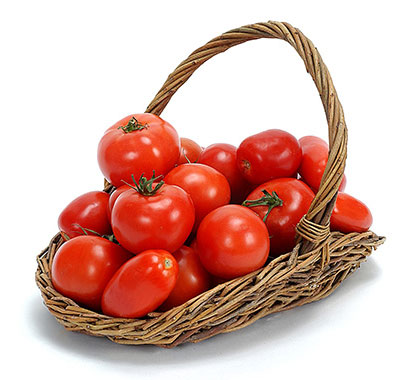Within the need to create new production models that comply with the principles of food security and economic profitability, it is important that these provide certainty for producers while respecting the environment. Organic farming is the model that offers the highest level of commitment to the environment.
Organic farming combines scientific knowledge with farmers’ expertise in order to obtain safer food produce that has a wide range of different fragrances and flavours.
Two of the central pillars of organic farming are soil management and environment. Together with crop rotation and closed nutrient and energy cycles, these provide the backbone for this production system. In organic cultivation systems in greenhouses you additionally find:




